A few years ago, Versus Arthritis funded the inclusion of a chronic pain questionnaire in the Health Survey for England. The findings from these questions are stark. Of great concern is that 5.5 million people in England (12% of the population) have high-impact chronic pain, the most severe form, which means a person struggles to take part in daily activities such as self-care, family, community and work.
Versus Arthritis’ new report, ‘Chronic pain in England: Unseen, unequal, unfair’ sets out key findings from the survey (initially analysed by Public Health England) 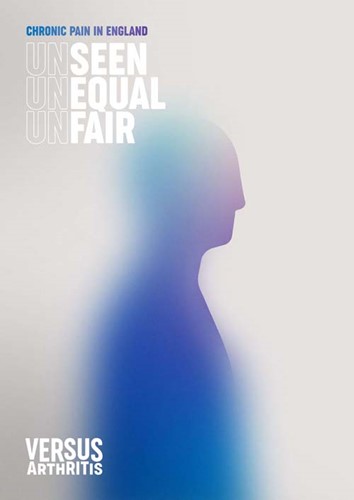 and a series of recommendations which call for a fundamental re-think in how we support people with chronic pain through far-reaching solutions.…
and a series of recommendations which call for a fundamental re-think in how we support people with chronic pain through far-reaching solutions.…
Read more of this article


 The University of Manchester is looking for people with arthritis or any other long-term musculoskeletal pain condition to take part in the Manchester Digital Pain Manikin study.
The University of Manchester is looking for people with arthritis or any other long-term musculoskeletal pain condition to take part in the Manchester Digital Pain Manikin study.
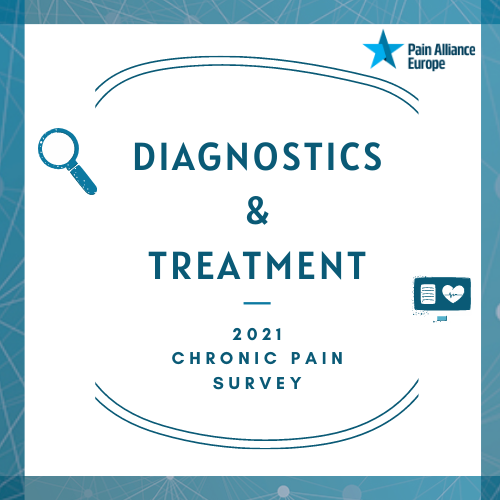
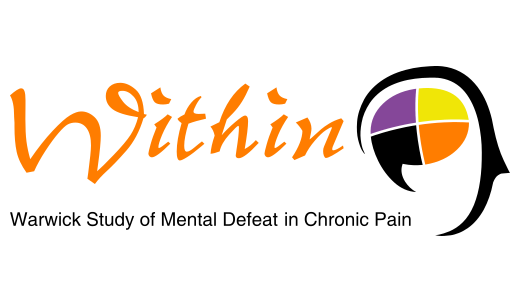
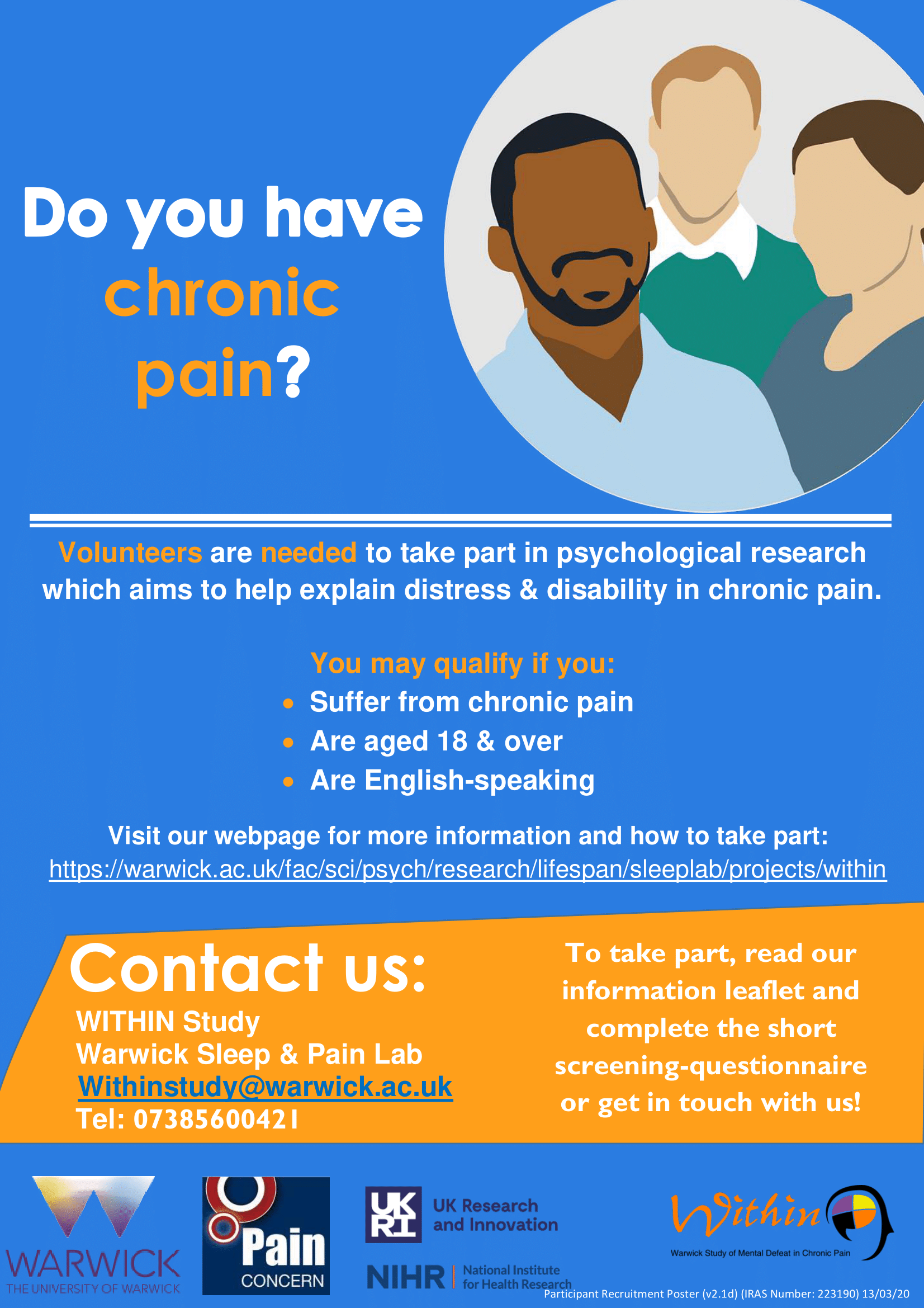

 Researchers at Liverpool John Moores University (LJMU) are aiming to understand chronic pain experiences in and out of the UK’s current lockdown. Individuals are invited to participate in the survey.
Researchers at Liverpool John Moores University (LJMU) are aiming to understand chronic pain experiences in and out of the UK’s current lockdown. Individuals are invited to participate in the survey.
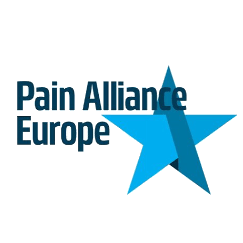 Recently, Pain Alliance Europe conducted a 6-week short survey on Covid-19 and chronic pain in twelve languages to see the current situation of chronic pain patients in Europe.
Recently, Pain Alliance Europe conducted a 6-week short survey on Covid-19 and chronic pain in twelve languages to see the current situation of chronic pain patients in Europe.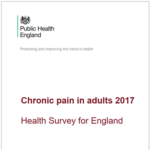
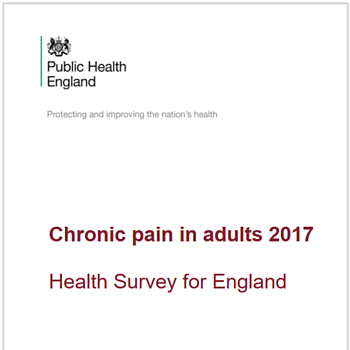 A new report from Public Health England examines data on chronic pain in England and analyses inequalities in the experience of chronic pain. The report will be useful for those commissioning and delivering services for those experiencing chronic pain and policy makers in central and local government. The findings on inequalities include that chronic pain is more prevalent in women than men; in people from the Black ethnic group than other ethnicities; and in those in more deprived areas.
A new report from Public Health England examines data on chronic pain in England and analyses inequalities in the experience of chronic pain. The report will be useful for those commissioning and delivering services for those experiencing chronic pain and policy makers in central and local government. The findings on inequalities include that chronic pain is more prevalent in women than men; in people from the Black ethnic group than other ethnicities; and in those in more deprived areas.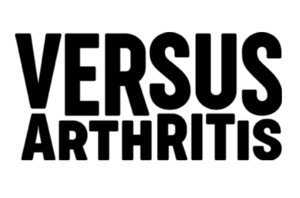 We know that managing chronic pain can be one of the most difficult aspects of primary care consultations for both doctors and patients. The new NICE guidelines, due to be published in January, will potentially have huge implications on the traditional way of practice.
We know that managing chronic pain can be one of the most difficult aspects of primary care consultations for both doctors and patients. The new NICE guidelines, due to be published in January, will potentially have huge implications on the traditional way of practice.